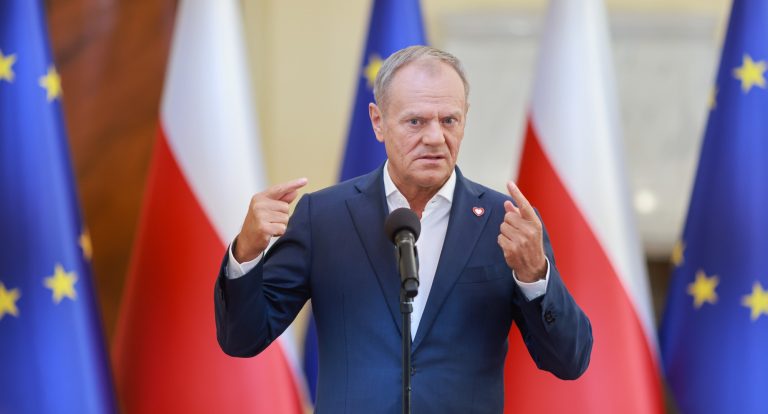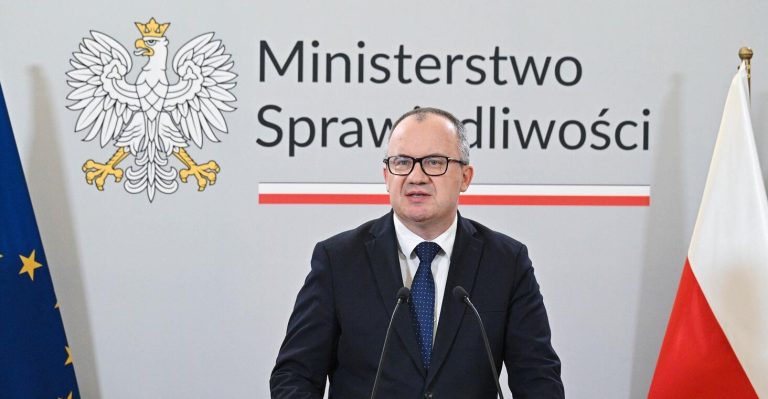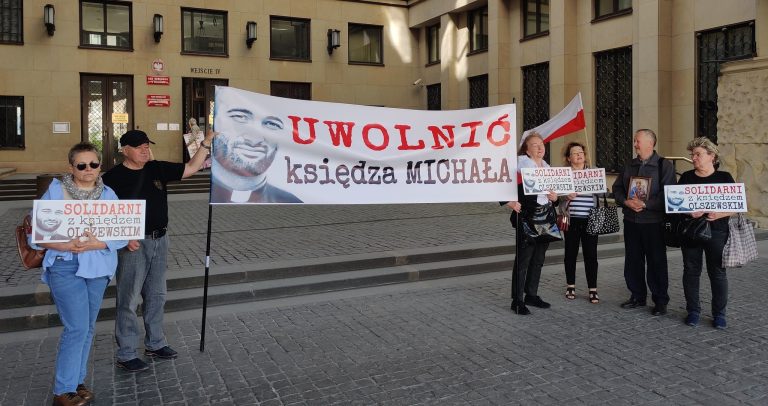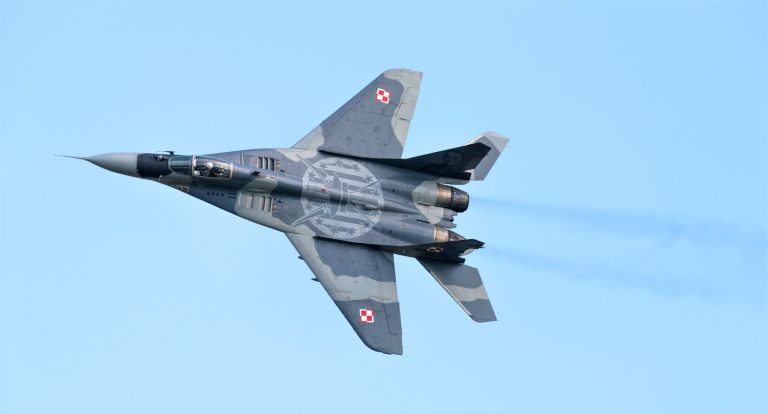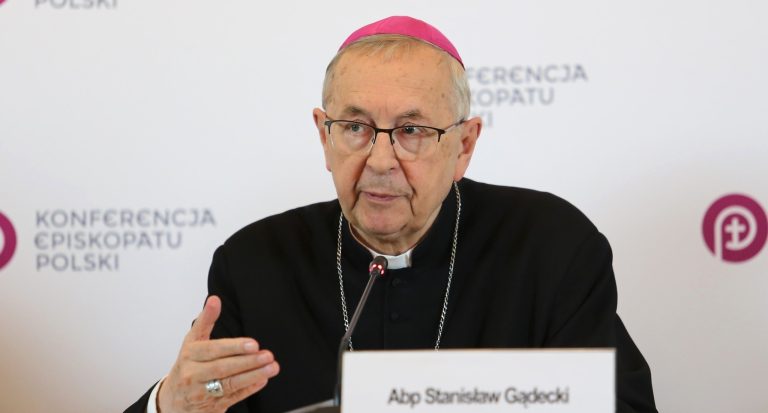Poland plans remembrance day for people with mental disorders murdered by Nazi Germany
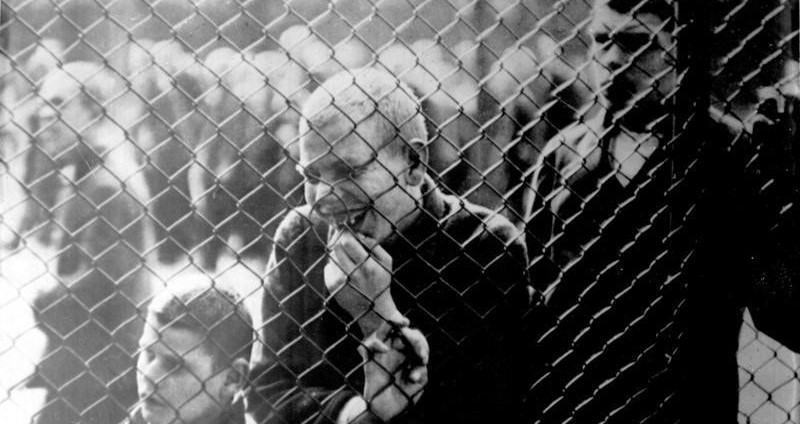
Poland’s main ruling group has proposed creating a new national day of remembrance for people with mental disorders who were killed by the country’s Nazi-German occupiers during World War Two.
The Day of Remembrance of the Victims of the Extermination of People with Mental Disorders would be held on 22 September. That is the anniversary of when, in 1939, the Germans began murdering patients at the Psychiatric Hospital in Kocborowo, one of Poland’s oldest and largest such facilities.
On that day alone – three weeks after Germany had invaded Poland – 88 patients from the hospital were taken to a nearby forest, shot, and buried in mass graves. By January 1941, almost 1,700 such executions of patients at the facility had taken place, reports the Rzeczpospolita daily.
With the German army, German extermination programs crossed the Polish border in 1939.
By 22 September, selection of patients in the Kocborowo hospital had been completed.
On 22 September, the first group of 88 people were shot into pits in the Szpęgawski Forest. #AktionT4 pic.twitter.com/DgC8IOE0J2
— Institute of National Remembrance (@ipngovpl_eng) September 22, 2022
In total, around 20,000 Polish citizens were killed as a result of the occupiers’ actions against people with mental disorders, note the authors of the bill proposing a day of remembrance.
“The extermination of mentally ill people in occupied Poland during World War Two initiated the genocidal crimes of the Third Reich,” they write. “The extermination of the sick and the methods used in this procedure, including the first use of gas for this purpose, became a kind of ‘testing ground’ for the Holocaust.”
Between 1939 and 1945, Nazi Germany killed around 300,000 people in psychiatric hospitals in Germany, Austria, occupied Poland and the Protectorate of Bohemia and Moravia in what became known as Aktion T4.
Sorry to interrupt your reading. The article continues below.
Notes from Poland is run by a small editorial team and published by an independent, non-profit foundation that is funded through donations from our readers. We cannot do what we do without your support.
The bill has been proposed by a group of MPs from the centrist Civic Coalition (KO), the bloc that is led by Prime Minister Donald Tusk. One of them, Piotr Adamowicz, told Rzeczpospolita that creating a day of commemoration will help address the fact that “the tragedy of people with mental disorders is not widely known”.
He notes that the plans have been backed by the Polish Psychiatric Association. If the bill is adopted into law, the day of remembrance would become a public holiday but not a day off work.
The authors also hope that it would lead to the inclusion of the date in Amnesty International’s human rights calendar and recognition by the UN as an international day of remembrance.
Almost six million Polish civilians – around half of them Polish Jews – are estimated to have died as a result of Germany’s invasion and occupation. That represented 17% of Poland’s pre-war population and was the highest proportional death toll of any country during the Second World War.
Germany’s president has asked Poles for forgiveness on the 80th anniversary of the Warsaw Uprising.
“German nationalism, imperialism and racism led to these brutal crimes,” he declared in a speech to veterans of the uprising https://t.co/p2LCA8r9xy
— Notes from Poland 🇵🇱 (@notesfrompoland) August 1, 2024
Main image credit: Bundesarchiv, Bild 102-15662 / CC-BY-SA 3.0

Daniel Tilles is editor-in-chief of Notes from Poland. He has written on Polish affairs for a wide range of publications, including Foreign Policy, POLITICO Europe, EUobserver and Dziennik Gazeta Prawna.

